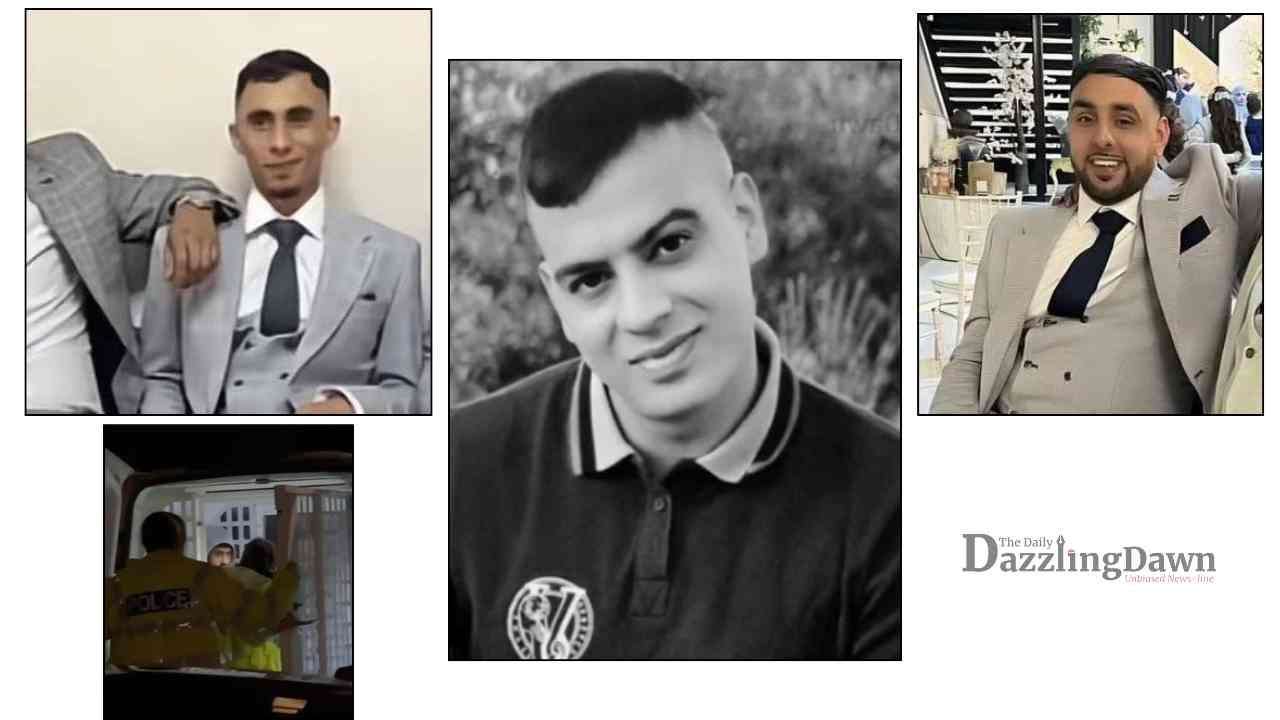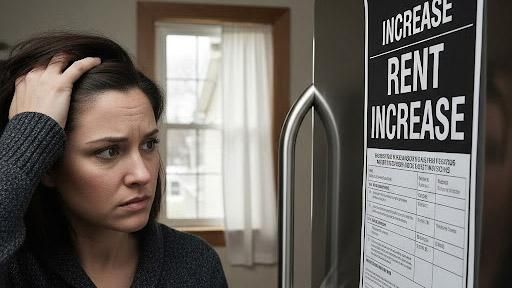Tenants across the UK are bracing for a looming financial squeeze as the government controversially admits landlords can legally pass on the costs of mandated energy efficiency upgrades. This policy shift is set to unleash potentially significant rent increases, prompting widespread concern among renters and housing advocates, particularly within already vulnerable and diverse communities.
Despite earlier assurances from the government, a justice minister has now confirmed that these "net zero" improvements could pave the way for "higher market rents." Under former Energy Secretary Ed Miliband's ambitious rules, all rental properties must achieve a minimum Energy Performance Certificate (EPC) rating of C by 2030. While the stated goal is to provide tenants with warmer, more affordable homes and save them an estimated £240 a year on energy bills, the burden of these upgrades is increasingly falling squarely on tenants' shoulders.
The Conservative party has sounded the alarm, warning that rents could surge by as much as £4,000 a year to cover the cost of retrofitting older properties. Furthermore, concerns are rising that some landlords, unwilling or unable to bear the upgrade expenses, might opt to sell their properties, exacerbating the already severe shortage of affordable rental housing. This reduction in supply would inevitably drive up rents further, creating a double blow for renters.
During a parliamentary exchange, Justice Minister Sarah Sackman conceded that "expenditure on the upgrading of an an energy performance certificate to a higher level of energy efficiency is a material consideration, which may result, in certain circumstances, in a higher market rent being determined." This stark admission effectively legitimises rent hikes tied to these mandatory improvements, leaving tenants with little recourse.
While Miliband has previously argued that past standards did not lead to rent increases and pointed to government schemes assisting with insulation and heat pump costs, the current admission from a government minister paints a dramatically different picture. The reality on the ground for many renters, particularly those on lower incomes, is that any increase in rent, regardless of potential energy savings, poses an immediate and significant financial challenge.
Disproportionate Impact on South Asian, African, and Muslim Communities
This policy is poised to disproportionately affect a significant segment of the UK's rental population: South Asian (Bangladeshi, Indian, Pakistani, Nepali, Sri Lankan), African, and Muslim communities. These diverse groups often reside in inner-city areas with older housing stock, which are precisely the properties most likely to require extensive and costly energy efficiency upgrades. Many individuals and families within these communities are already grappling with tighter budgets, working in industries with fluctuating incomes, or supporting extended families.
The imposition of substantial rent increases, disguised as a benefit, could push countless households into deeper financial precarity, leading to difficult choices between heating their homes and affording other basic necessities. For many, the aspiration of providing a stable home for their families could be shattered, potentially forcing them out of their established communities and networks that are vital for cultural and social support. The lack of culturally sensitive communication and support around these changes further compounds the challenges faced by these diverse tenant groups.
Critics argue that placing the onus of these improvements solely on landlords, who can then transfer the burden to tenants, is an unfair and regressive policy. It shifts the responsibility for broader environmental goals onto the most vulnerable segment of the housing market. Industry voices, like that of Kevin Hollinrake, also suggest that the timeline for these upgrades is "challenging" and that more support and a "gentler trajectory" are needed to allow the sector to adapt without resorting to passing on prohibitive costs to renters.
A spokesperson for the Department of Energy Security and Net Zero reiterated the government's aim to "lift up to half a million households out of fuel poverty by 2030" and make renters "hundreds of pounds better off." However, for tenants facing the immediate prospect of higher rents, especially those already struggling, these long-term promises offer little comfort.
Housing charities and tenant unions are now urgently calling on the government to reconsider its approach and implement stronger protections for renters. They advocate for direct financial assistance for landlords, ring-fenced for energy efficiency improvements, that cannot be recouped through rent increases. They also propose measures such as rent caps tied to improvement costs, or even direct grants to tenants to mitigate the impact of rising rents. Without such immediate and targeted interventions, the laudable goal of warmer homes could inadvertently push countless tenants, particularly those from the UK's vibrant and diverse communities, further into financial precarity.








.svg)
